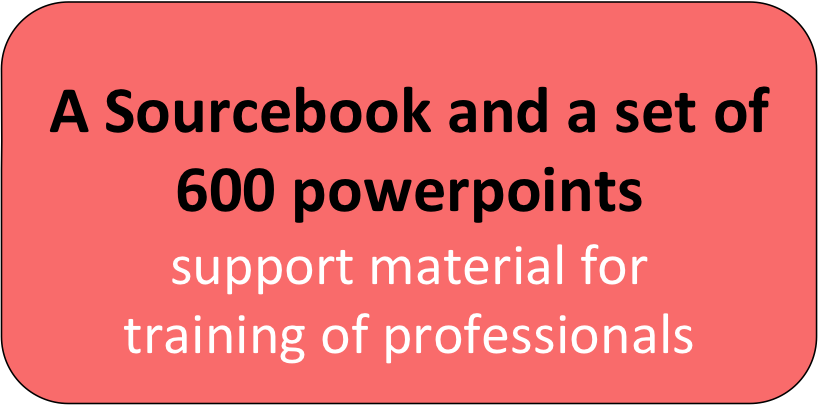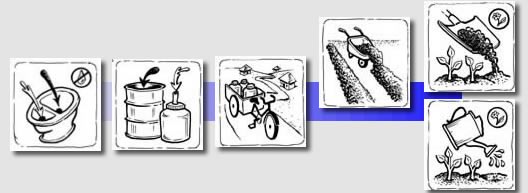Difference between revisions of "Sanitation Portal"
| Line 44: | Line 44: | ||
|} | |} | ||
{|style="height:145px; background:#efefef" | {|style="height:145px; background:#efefef" | ||
| − | |align="center" valign="top"| {{Icon|file= | + | |align="center" valign="top"| {{Icon|file=toiletCommercial.png|alt=Commercial Toilets|width=85|link=Commercial Toilets}} <br> [[Commercial Toilets]] |
| + | |} | ||
| + | {|style="height:145px; background:#efefef" | ||
| + | |align="center" valign="top"| {{Icon|file=Pour_flush_slabs_icon.jpg|alt=Pour flush slabs|width=75|link=Pour flush slabs}} <br> [[Pour flush slabs|Pour flush slabs]] | ||
|} | |} | ||
{|style="height:145px; background:#efefef" | {|style="height:145px; background:#efefef" | ||
| − | |align="center" valign="top"| {{Icon|file= | + | |align="center" valign="top"| {{Icon|file=TippyTap_icon.png|alt=Tippy Tap|width=75|link=Tippy Tap}} <br> [[Tippy Tap|Hygiene - Tippy Tap]] |
|} | |} | ||
Revision as of 23:40, 22 June 2015
| |
|
|
|
|
|
|
|
|
This portal describes sanitation technologies which can be applied from the household level to the village level. A complete sanitation system does not consist of only one technology, but rather a chain of technologies, each taking care of a specific function, such as the toilet, transportation, and treatment. Each technology below is dedicated to one particular function in this chain. An example is given at the end of this page.
Below, sanitation technologies are presented in different functional groups: User interface (Toilets, urinals, handwashing), Collection and Storage / Local Treatment, Conveyance, (semi-) Centralized Treatment, and Use of products / disposal.
| IRC Sanitation RSS feed |
Jump to more Sanitation links and resources below.
Field experiences
These projects are utilizing sanitation techniques and are part of the project listing in Really Simple Reporting (RSR) on Akvo.org.
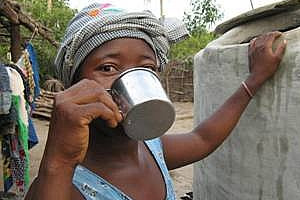 Rainwater harvesting in Guinee Bissau |
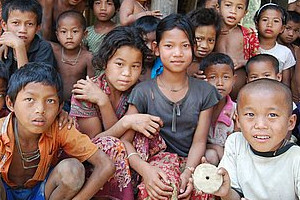 Community-led WASH and Safe Motherhood |
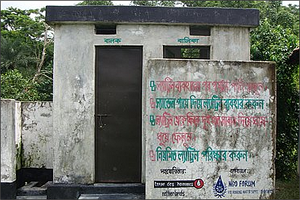 Scanning and Mapping the WASH Situation |
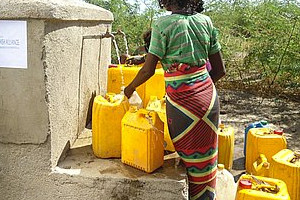 WASH Alliance project, AMREF in Ethiopia |
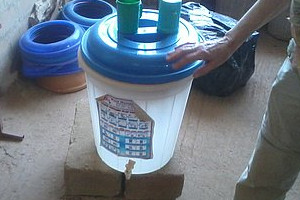 Cost effective means of financing WASH | ||
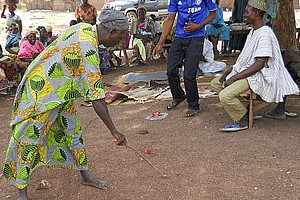 Upscaling CLTS for Healthy Communities |
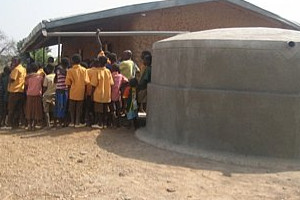 Northern Region WASH Programme |
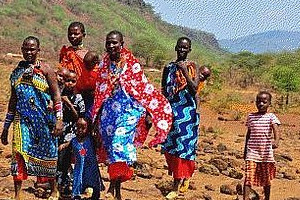 Scaling-up using CLTS in Kenya |
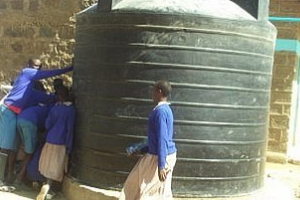 Implementing an IWRM process in Mashuru |
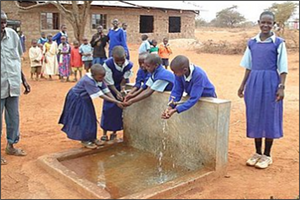 Improving Communal Health Through WASH | ||
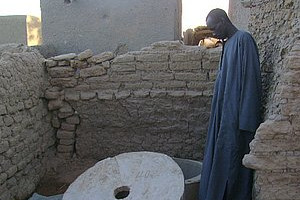 Eau, hygiène et assainissement |
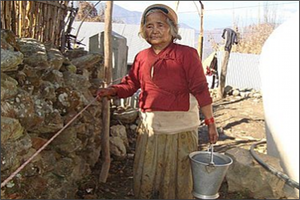 WASH in Gorkha and Baglung |
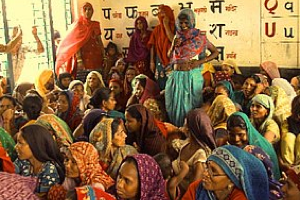 WASH Sustainability through Women Led MFI |
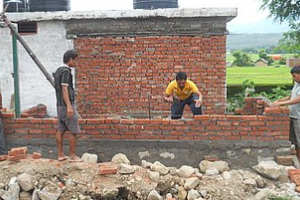 SWASH in Birendranagar, Surkhet |
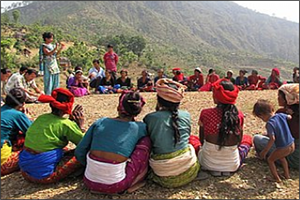 Community-based WASH Project in Nepal | ||
Sanitation links
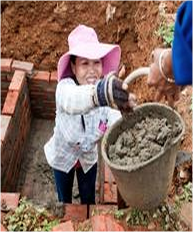
- Sustainable Sanitation & Groundwater Protection
- Sanitation as a Business
- IRC Sanitation Pack - IRC Sanitation Pack, SanPack for short, contains an overview of available methods, techniques and tools in a low-cost, non-sewered sanitation service model. The materials have been developed and used by IRC and its long-standing and more recent partners in the South and the North in some 20 countries in Africa, Asia and Latin America.
- For a helpful sourcebook in the training of professionals for the sanitation and water sector, browse or download the set of animated PowerPoints called Sustainable Sanitation, by clicking the pink box below.
Sanitation systems
Sanitation Systems & Technology Options
Planning of Sustainable Sanitation for Cities
Example
This is a complete sanitation system, which consists of a chain of technologies. Reading the icons in the illustration below from the left to the right we have a Urine Diverting Dry Toilet connecting to Storage tanks, where the faeces are taken away through Human-Powered Emptying and Transport to be processed through Co-composting and then finally be used through Application of Compost - Eco-Humus and the Application of Urine.
The table below lists eight different examples of sanitation systems, going from very simple to more complex. Of course, many other systems are possible, depending on the local context.
| 1 Single Pit System | 2 Waterless System with Alternating Pits | 3 Pour Flush Pit System without Sludge Production | 4 Waterless System with Urine Diversion | 5 Biogas System | 6 Blackwater Treatment System with Infiltration | 7 Blackwater Treatment System with Effluent Transport | 8 Blackwater Transport to (Semi-) Centralized Treatment System | 9 Sewerage System with Urine Diversion |
Acknowledgements
- The majority of the material in this portal was adapted from: Tilley, E. et al. (2008). Compendium of Sanitation Systems and Technologies. Eawag: The Swiss Federal Institute of Aquatic Science and Technology, Dübendorf, Switzerland.
- Currently, WASTE is working on a Sanitation Decision Support tool, which will be integrated in this portal in the near future.
- Smart Sanitation Solutions produced in collaboration with Netherlands Water Partnership, WASTE, PRACTICA, IRC, SIMAWI and Partners voor Water

